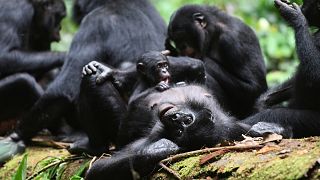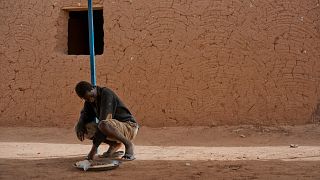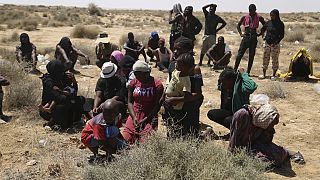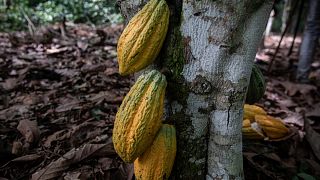Ivory Coast
Nestlé and Cargill have asked the U.S. Supreme Court to stop lawsuits against them for complicity in forced child labor on cocoa farms in Ivory Coast.
The court could use the case to limit the ability to seek compensation from U.S. companies for human rights abuses committed in the rest of the world.
Six Malians say they were captured as children and then held in slavery on Ivorian plantations.
These plantations are where the U.S. subsidiary of Swiss company Nestlé and U.S. agricultural commodities trading and processing giant Cargill purchased cocoa.
In 2005, they filed a lawsuit in the United States against Nestlé USA and Cargill. At the time they argued that both companies knew what was happening on these farms.
After various twists and turns, federal courts in the States validated the procedure initiated under a 1789 law, the "Alien Tort Statute", which allows for the referral of violations of international law to US civil courts.
This law, originally designed to combat acts of piracy, has been given new life over the past 50 years under the impetus of human rights defenders.
But the Supreme Court has repeatedly restricted its scope, prohibiting in particular in 2018 the prosecution of foreign companies. Nestlé and Cargill are now asking it to also exclude American companies, and acts of "complicity".
The two groups "abhor child slavery, but that's not the point", argued their lawyer Neal Katyal during a telephone hearing before the Supreme Court. "If we are not careful, prosecutions of this kind will proliferate, last for decades and undermine our foreign policy.
The government of Donald Trump, which initially supported the plaintiffs, has shifted its focus in favor of corporations. Trump's lawyer Curtis Gannon said this ‘’decision that would extend individual liability to corporations and must be made by Congress, not by the courts."
The two groups have "maintained forced child labor in their supply chains to maintain a competitive advantage in the U.S. market," lamented plaintiffs' attorney Paul Hoffman.
The 9-member Supreme Court judges have until June 2021 to rule on the case.












Go to video
In Namibia, horse-riding becomes therapy for children with special needs
Go to video
UK: Luxury Easter egg chocolatiers face squeeze from soaring cocoa prices
Go to video
Democrats win Wisconsin Supreme Court seat in setback for Trump
01:00
Italy airlifts nine Palestinian children from Gaza for life-saving treatment
Go to video
Haiti: Unicef focuses on shelters for displaced children amid ongoing crisis
01:54
Sudan : distressing report on child rape cases by UNICEF